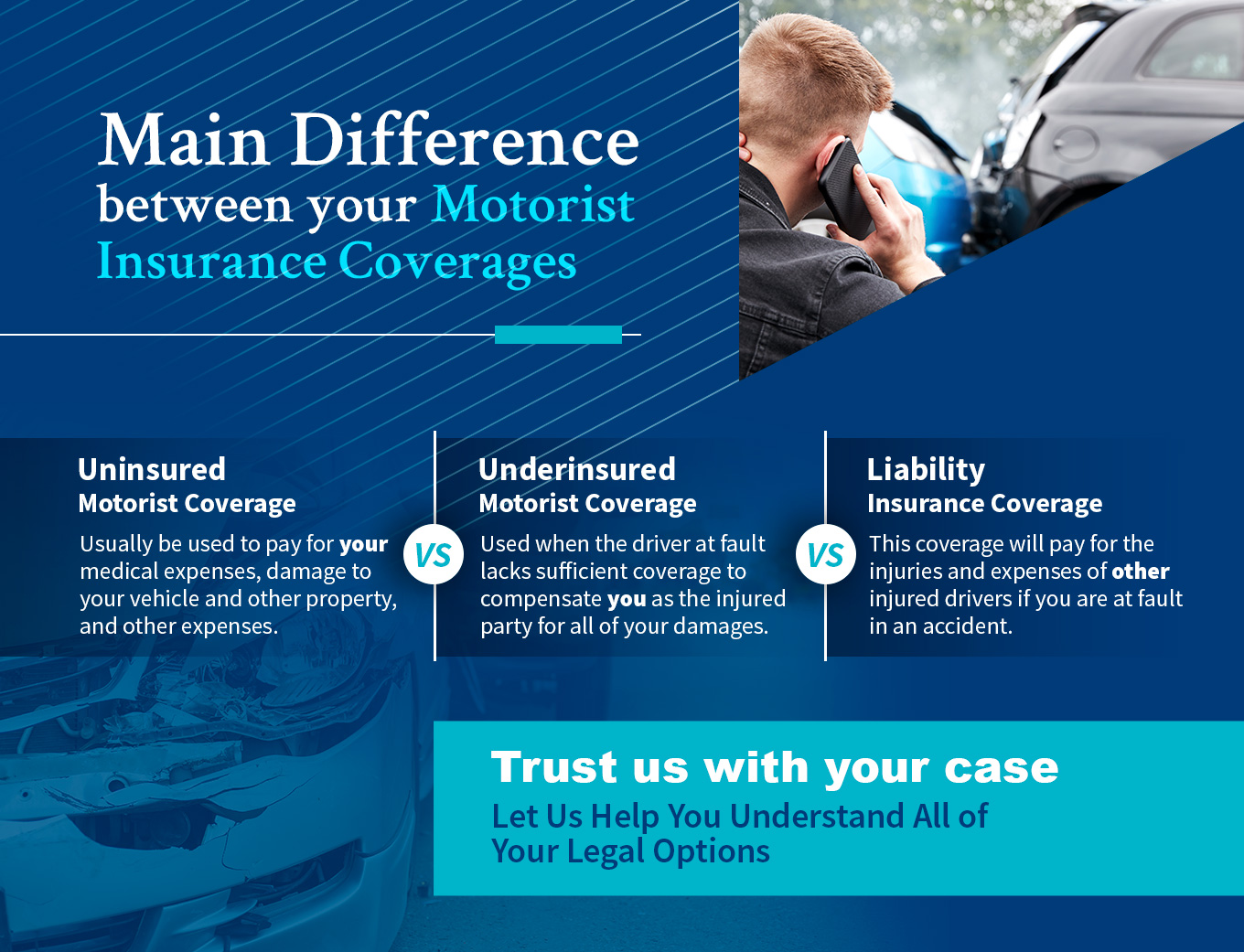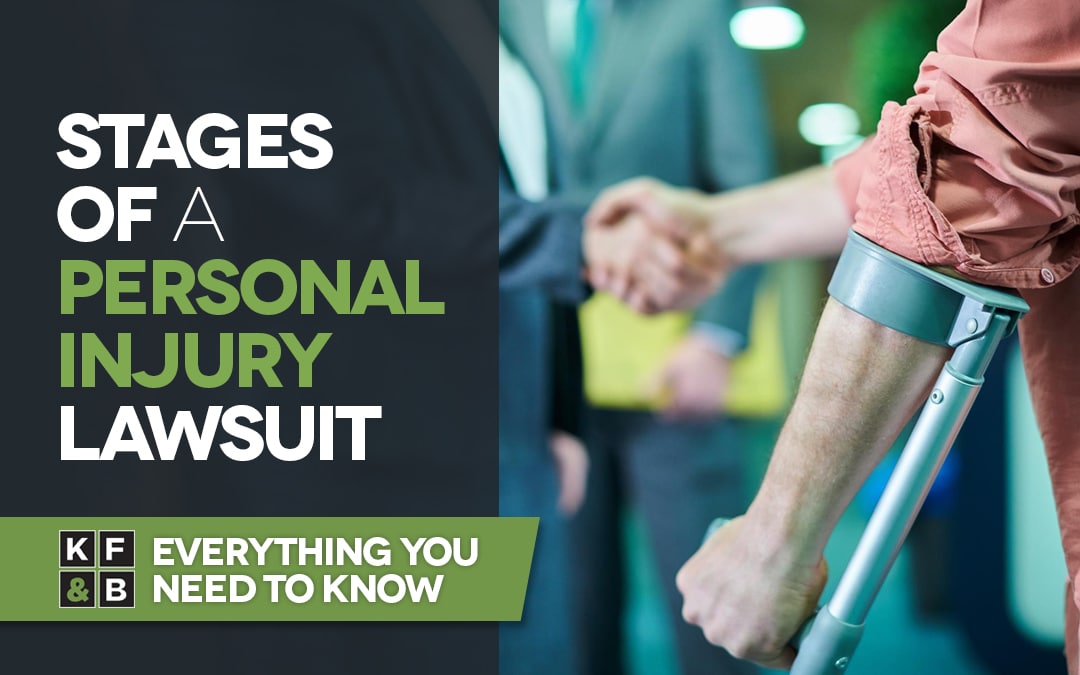Who Needs Self-Defense Liability Insurance?: Self Defense Liability Insurance

Self defense liability insurance – Self-defense liability insurance offers protection against financial losses that may arise from legal actions taken against you for using self-defense. This insurance is not just for those who work in high-risk environments; it can benefit individuals and groups across various sectors.
The decision to purchase self-defense liability insurance depends on your individual circumstances and the potential risks you face. It is essential to consider the specific situations that might necessitate this coverage.
Individuals Who May Benefit
While anyone can benefit from this insurance, certain individuals may find it particularly beneficial. These include:
- Security guards and law enforcement officers: These individuals are often in situations where they need to use force to protect themselves and others. Self-defense liability insurance can provide them with financial protection in case they are accused of using excessive force.
- Retail employees: Retail workers may encounter situations where they need to defend themselves against theft or aggression. This insurance can help protect them from financial liability if a customer sues them for injuries sustained during a confrontation.
- Individuals who carry firearms: Owning a firearm increases the potential for legal action in case of an incident. Self-defense liability insurance can provide financial protection in case of a lawsuit related to a firearm incident.
- People who engage in self-defense training: While self-defense training is valuable, it doesn’t guarantee that you won’t be involved in a situation where you use force. Self-defense liability insurance can offer protection against the financial consequences of such an event.
Groups Who May Benefit
Certain groups may also find self-defense liability insurance beneficial, as they face unique risks:
- Businesses with security personnel: Businesses with security guards or personnel who are responsible for protecting their property and employees may benefit from this insurance. It can protect them from financial liability if a security guard is accused of using excessive force.
- Organizations that host events: Organizations that host events, such as concerts, festivals, or sporting events, may need this insurance to protect themselves from liability if attendees are injured during a confrontation.
- Non-profit organizations: Non-profit organizations may benefit from this insurance if their volunteers or staff are involved in situations where they need to use self-defense.
Coverage Options and Policy Details

Self-defense liability insurance provides financial protection against legal expenses and potential judgments arising from incidents involving self-defense. Understanding the different coverage options and policy details is crucial for choosing the right policy that meets your specific needs and budget.
Types of Coverage
Self-defense liability insurance typically offers various coverage options to address different aspects of a self-defense incident.
- Legal Defense Costs:This coverage covers legal fees, court costs, and other expenses incurred in defending against a lawsuit stemming from a self-defense claim. It ensures that you have access to legal representation and financial support during the legal process, regardless of the outcome.
- Liability Coverage:This coverage provides financial protection against damages awarded to the other party in a lawsuit if you are found liable for injuries or property damage during a self-defense incident. It helps cover medical expenses, lost wages, and property repairs.
- Criminal Defense Costs:Some policies may include coverage for criminal defense costs, which can be significant if you are facing criminal charges related to a self-defense incident. This coverage can help cover attorney fees, bail bonds, and other expenses associated with defending against criminal charges.
- Bail Bond Coverage:This coverage helps cover the cost of a bail bond if you are arrested and held in custody pending trial. It ensures that you can secure your release while awaiting trial, preventing unnecessary financial hardship.
- Loss of Income Coverage:Some policies may offer coverage for lost income if you are unable to work due to a self-defense incident, either because you are injured or because you are required to attend court proceedings. This coverage helps replace lost wages and ensure financial stability during a difficult time.
Policy Limits and Deductibles
Policy limits and deductibles are crucial aspects of self-defense liability insurance policies that affect your financial responsibility in the event of a claim.
- Policy Limits:Policy limits represent the maximum amount of coverage provided by the insurance company for a specific type of coverage. For example, a policy may have a liability limit of $1 million, meaning the insurer will cover up to $1 million in damages awarded to the other party.
It’s important to choose a policy with limits that are adequate to cover potential financial risks.
- Deductibles:Deductibles represent the amount of money you are responsible for paying out-of-pocket before the insurance coverage kicks in. For example, a policy may have a deductible of $1,000, meaning you will be responsible for the first $1,000 of any claim, and the insurance company will cover the remaining amount.
Higher deductibles typically result in lower premiums, while lower deductibles lead to higher premiums. It’s important to choose a deductible that balances your budget with your risk tolerance.
Insurance Provider Comparisons
Different insurance providers offer varying coverage options, policy limits, deductibles, and premium rates for self-defense liability insurance. Comparing features across different providers is crucial for finding the best policy that meets your needs and budget.
- Coverage Options:Compare the types of coverage offered by different providers, such as legal defense costs, liability coverage, criminal defense costs, bail bond coverage, and loss of income coverage. Choose a provider that offers comprehensive coverage that aligns with your specific needs and potential risks.
- Policy Limits and Deductibles:Compare the policy limits and deductibles offered by different providers. Higher limits provide greater financial protection, while lower deductibles reduce your out-of-pocket expenses. Find a balance that aligns with your budget and risk tolerance.
- Premium Rates:Compare the premium rates charged by different providers for similar coverage options. Consider factors such as your age, location, risk profile, and claims history, as these can influence premium rates. Look for a provider that offers competitive rates while providing adequate coverage.
- Customer Service and Reputation:Research the customer service reputation and financial stability of different insurance providers. Choose a provider with a history of providing excellent customer service and prompt claim settlements.
The Claims Process
Filing a claim for self-defense liability insurance is a straightforward process designed to help you navigate the aftermath of a self-defense incident. This section details the steps involved, required documentation, and factors influencing claim outcomes.
Filing a Claim
After a self-defense incident, it is essential to promptly notify your insurance provider. This initial step sets the claims process in motion.
- Contact Your Insurance Provider:The first step is to contact your insurance provider as soon as possible after the incident. They will provide you with instructions on how to file a claim. You can typically file a claim by phone, online, or through their mobile app.
- Provide Basic Information:You will be asked to provide basic information about the incident, such as the date, time, location, and a brief description of what happened. You will also need to provide your policy details and contact information.
- Complete Claim Forms:You will need to complete claim forms provided by your insurance provider. These forms will ask for detailed information about the incident, including any injuries you sustained, the identities of any other parties involved, and any witnesses to the incident.
- Submit Supporting Documentation:You will need to submit supporting documentation to support your claim. This documentation may include:
- Police reports
- Medical records
- Witness statements
- Photos or videos of the incident
- Any other relevant documentation
Factors Influencing Claim Outcomes, Self defense liability insurance
The outcome of your self-defense liability insurance claim will depend on several factors, including:
- The Circumstances of the Incident:The circumstances surrounding the incident will be carefully reviewed by the insurance provider. They will assess whether the incident was a legitimate act of self-defense and whether you acted reasonably under the circumstances.
For example, a claim might be more likely to be approved if you can demonstrate that you were attacked without provocation and that you used reasonable force to defend yourself.
- Your Policy Coverage:The specific terms and conditions of your self-defense liability insurance policy will determine the extent of coverage. It is important to carefully review your policy before an incident occurs to understand your coverage limits and exclusions.
For instance, some policies may have limits on the amount of coverage available for legal expenses, while others may have specific exclusions for certain types of incidents, such as those involving firearms.
- The Evidence You Provide:The evidence you provide to support your claim will be crucial in determining the outcome. It is important to gather and submit all relevant documentation as soon as possible.
For example, if you can provide police reports, medical records, and witness statements, it will strengthen your claim and make it more likely to be approved.
Costs and Considerations

The cost of self-defense liability insurance can vary widely depending on several factors, including your location, the level of coverage you choose, and your individual circumstances. Understanding these factors and weighing the potential benefits and drawbacks can help you make an informed decision about whether this type of insurance is right for you.
Factors Affecting the Cost of Self-Defense Liability Insurance
The cost of self-defense liability insurance is influenced by several key factors.
- Location:Insurance premiums are often higher in areas with higher crime rates or a greater likelihood of legal disputes.
- Level of Coverage:Higher coverage limits, such as a higher maximum payout for a claim, will generally result in higher premiums.
- Individual Circumstances:Factors such as your age, occupation, and prior claims history can influence your insurance rates. For example, individuals with a history of claims may face higher premiums.
- Type of Coverage:Different insurance providers offer varying levels of coverage, including defense costs, legal fees, and settlements. The broader the coverage, the higher the premium is likely to be.
Financial Benefits of Self-Defense Liability Insurance
Self-defense liability insurance can offer significant financial protection in the event of a legal claim.
- Coverage for Legal Expenses:Insurance can cover legal fees, court costs, and other expenses associated with defending yourself against a lawsuit.
- Financial Protection Against Settlements:If you are found liable for damages, insurance can help cover the costs of settlements or judgments against you.
- Peace of Mind:Having self-defense liability insurance can provide peace of mind knowing that you have financial protection in case of a legal dispute.
Financial Drawbacks of Self-Defense Liability Insurance
While self-defense liability insurance offers financial protection, it also comes with some potential drawbacks.
- Cost of Premiums:Paying monthly or annual premiums can represent a recurring expense.
- Limitations on Coverage:Insurance policies often have limitations on the types of claims they cover, such as exclusions for certain types of self-defense actions or specific injuries.
- Potential for Increased Risk:Some argue that having insurance might encourage individuals to act more recklessly, potentially leading to an increase in self-defense incidents. However, it’s important to note that this is a complex issue and there’s no clear consensus on this point.
Comparing Insurance Quotes and Selecting the Best Option
When comparing insurance quotes for self-defense liability, it’s essential to consider several key factors.
- Coverage Limits:Ensure the policy provides sufficient coverage limits for your needs.
- Exclusions and Limitations:Carefully review the policy’s exclusions and limitations to understand what is and isn’t covered.
- Premium Costs:Compare premiums from different providers to find the most affordable option without compromising on coverage.
- Reputation and Financial Stability:Choose a reputable insurance provider with a solid financial history.
- Customer Service:Consider the provider’s customer service reputation and accessibility.
Legal Implications and Exclusions
Self-defense liability insurance operates within a complex legal framework, intertwining with the principles of self-defense, criminal law, and civil liability. Understanding these legal aspects is crucial for policyholders to grasp the extent of coverage and potential limitations.
Legal Framework and Self-Defense
The legal framework surrounding self-defense is rooted in the concept of “justifiable use of force,” which allows individuals to use reasonable force to protect themselves or others from imminent harm. This principle is enshrined in various legal systems, including the United States, where it is often codified in criminal law statutes.
However, the definition of “reasonable force” varies depending on the jurisdiction and specific circumstances. Courts often consider factors such as the nature of the threat, the perceived level of danger, and the available alternatives to determine whether the use of force was justified.
Common Exclusions and Limitations
Self-defense liability insurance policies often contain specific exclusions and limitations that impact coverage. These exclusions are designed to mitigate risk and prevent abuse of the policy. Some common exclusions include:
- Intentional Acts:Policies typically exclude coverage for injuries caused by intentional acts, even if the act was in self-defense. This means that if you intentionally harm someone, even if you believe you were in danger, your insurance may not cover the resulting liability.
- Criminal Acts:Many policies exclude coverage for injuries arising from criminal acts, such as assault or battery, committed by the insured. This exclusion applies even if the insured acted in self-defense, but the use of force was deemed excessive or illegal.
- Prior Knowledge of Threat:Some policies may exclude coverage if the insured had prior knowledge of a potential threat and did not take reasonable steps to avoid the situation. For example, if you knew someone was planning to harm you but did not seek help or take other precautions, your claim may be denied.
- Provocation:Policies may also exclude coverage if the insured provoked the attack or contributed to the escalation of the situation. This can include instances where the insured used offensive language, gestures, or actions that instigated the confrontation.
Potential Legal Ramifications
Using self-defense can have significant legal ramifications, even if the use of force was justified. These ramifications can include:
- Criminal Charges:Even if you acted in self-defense, you may still face criminal charges if the use of force was deemed excessive or unreasonable. The burden of proof in criminal cases lies with the prosecution, and you may need to demonstrate that your actions were necessary and proportionate to the threat.
- Civil Lawsuits:The person you defended yourself against may file a civil lawsuit against you, alleging that you used excessive force or caused unnecessary injuries. This lawsuit can be separate from any criminal charges and may result in significant financial liability.
- Impact on Insurance Coverage:Your self-defense liability insurance may not cover all legal costs and damages associated with a self-defense incident, particularly if the use of force was deemed excessive or unreasonable. Additionally, the insurance company may investigate the incident and determine whether the claim falls within the policy’s coverage parameters.
FAQs
What are the common exclusions under self-defense liability insurance?
Common exclusions include acts of aggression, intentional harm, criminal activity, and situations where the insured was under the influence of drugs or alcohol. It’s important to review the policy carefully to understand specific limitations.
How much does self-defense liability insurance typically cost?
The cost of self-defense liability insurance varies depending on factors such as the coverage limits, deductibles, the insured’s risk profile, and the insurance provider. It’s best to obtain quotes from multiple insurers to compare prices and coverage options.
Can I purchase self-defense liability insurance as an individual or do I need to be part of a group?
Self-defense liability insurance can be purchased individually or as part of a group policy. Some employers or professional organizations offer group insurance plans that include self-defense liability coverage.
Is self-defense liability insurance the same as homeowners or renters insurance?
While homeowners and renters insurance may provide some limited coverage for liability related to self-defense, they typically don’t offer the comprehensive protection specifically designed for self-defense incidents. Self-defense liability insurance provides more targeted and robust coverage for these situations.